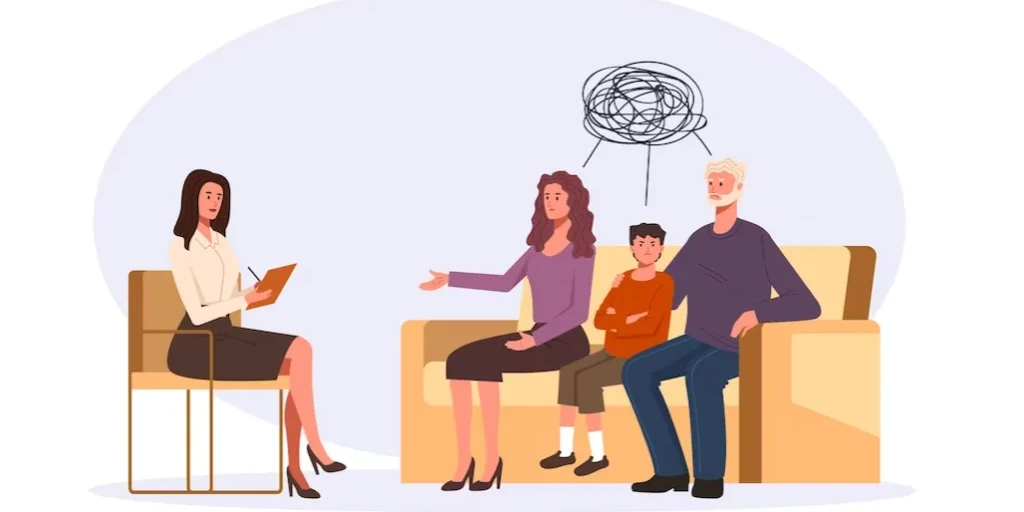24/7 Helpline:
(866) 899-221924/7 Helpline:
(866) 899-2219
Learn more about Opiate Detox centers in Uniontown
Opiate Detox in Other Cities

Other Insurance Options

Medical Mutual of Ohio

Absolute Total Care

AllWell

Excellus

BlueCross

Group Health Incorporated
Beacon

Kaiser Permanente

EmblemHealth

Ambetter

Humana

Cigna

Sliding scale payment assistance

Optima

Meritain

UnitedHealth Group

UMR

Private insurance

BHS | Behavioral Health Systems

Optum










